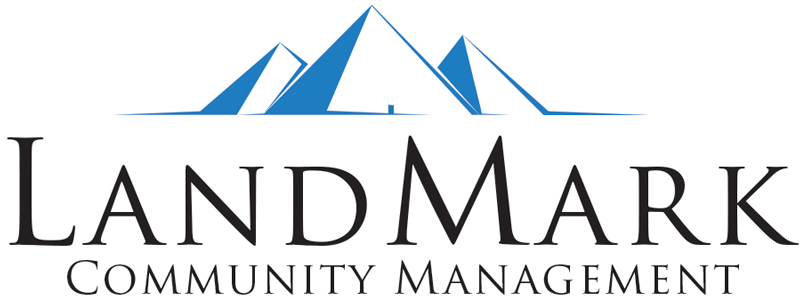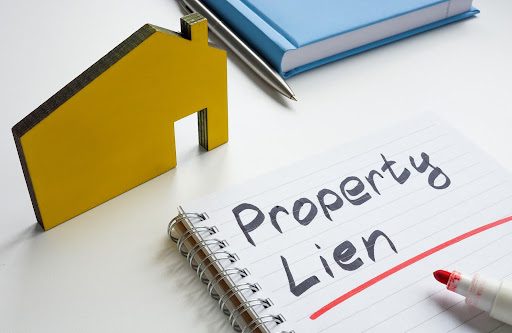Can HOA take your home in Texas? Living in a homeowners association comes with privileges and obligations. One of these obligations is paying regular dues to the HOA. But what happens if a homeowner fails to make these payments?
Can HOA Take Your Home in Texas?
The answer to this question is yes, under certain circumstances. Homeowners associations in Texas have the legal authority to take a homeowner’s property if dues and fees are unpaid. However, it’s not an immediate process.
Homeowners have rights. Plus, the HOA must follow several steps before foreclosing on a property. Understanding how these steps unfold will help homeowners stay on top of their dues and avoid losing their homes.
Understanding How HOA Dues Work
HOA dues are regular payments that go towards maintaining shared spaces and providing services to the community. These payments cover landscaping, maintenance and repairs, insurance, management fees, and more.
When a homeowner purchases a property within an HOA community, they agree to these payments as part of the deal. Thus, when they fail to keep up with the obligation to pay dues, it can lead to penalties, liens, and even foreclosure.
Dues are not set in stone. They can vary from one community to another. Even a single homeowners association can charge a different amount for one year and a different amount for the next. It all depends on the budget and the needs of the HOA.
While these dues are optional, many homeowners need to pay more attention to their importance. When financial hardship strikes, owners may understandably prioritize other bills. However, unlike some debts that only affect credit scores, unpaid HOA dues can result in severe legal consequences, including losing one’s home.
Penalties for Nonpayment of HOA Dues
When a homeowner doesn’t pay their HOA dues, the association can take several escalating actions. The penalties become more severe as the overdue balance increases.
Here are the penalties for the nonpayment of HOA dues.
1. Late Charges and Interest
The first consequence of missing HOA payments is typically late charges and interest. Each association has its own fee structure, but these late charges can add up quickly. Interest on unpaid amounts may also accumulate, making it even more difficult for the homeowner to pay off the balance.
2. Suspension of Privileges

Next, the HOA may suspend the homeowner’s access to community amenities and voting rights. For instance, the homeowner may be barred from using the pool, fitness center, or clubhouse. They may be unable to vote on important matters, such as elections. While it may seem harsh, this action can encourage owners to pay off their debts.
3. Collection Agency
The HOA may also hand over the delinquent account to a collection agency. Collection agencies are known for their aggressive tactics and may report the debt to credit bureaus. This can severely impact the homeowner’s credit score, making securing loans or lines of credit harder.
4. Liens
The HOA can file a lien against the homeowner’s property if the debt remains unpaid. A lien is a legal claim on the home, which means that the homeowner cannot sell, transfer, or refinance the property without paying off the outstanding amount. The lien attaches to the property and becomes a public record. This can create significant problems if the homeowner tries to sell the home.
5. Foreclosure
Foreclosure is the most serious consequence of nonpayment of HOA dues. Once a lien is in place, the HOA has the option to foreclose on the property. This means the homeowner can lose their home to the HOA, which will sell the home to recover the unpaid balance.
It’s important to note that foreclosure is generally the last resort for HOAs. It’s also a long process. HOAs usually give homeowners many chances to pay their outstanding debt before resorting to foreclosure proceedings.
The Authority to Place Liens and Foreclose
Not all HOAs automatically have the right to place liens or foreclose on homes in Texas. This authority must be explicitly granted in the HOA’s governing documents. These documents, which include the CC&Rs, should outline what kinds of debts may lead to a lien, such as overdue assessments, fines, legal fees, and interest.
Notice and voting requirements are also set forth under the Texas Property Code. Boards must look through this code to avoid breaching legal processes.
Condominium associations in Texas have more direct authority. State law grants COAs the automatic right to place liens and foreclose on homes for unpaid dues. Associations that manage subdivisions, however, must ensure that their governing documents clearly state this authority.
Notice Requirements Before Filing a Lien in Texas
Texas law has specific requirements that an HOA must follow before it can file a lien against a property. The association must send two notices to the homeowner, giving them time to address the delinquency before any legal action is taken.
The first notice must be sent by first-class mail or email, informing the homeowner of the unpaid dues. If the homeowner does not respond or resolve the issue, the HOA must send a second notice by certified mail. This second notice must be sent at least 30 days after the first notice.
After delivering this second notice, the HOA must wait at least 90 days before it can officially file a lien. This process gives the homeowner time to settle their account and avoid further legal action.
These notice requirements are in place to protect homeowners and give them ample opportunity to resolve their debts before facing serious consequences.
Judicial vs. Nonjudicial Foreclosure

Texas law allows two types of foreclosure processes: judicial and nonjudicial. The process the HOA can use depends on the language in the governing documents and whether the HOA is a POA or a COA.
Judicial Foreclosure
Judicial foreclosure is a legal process that involves the HOA filing a lawsuit against the homeowner. A district court or county court reviews the case. If the court rules in favor of the HOA, the property is ordered to be sold at a public auction.
The court oversees the entire process, ensuring the sale is conducted correctly. After selling the home, the proceeds will go toward the owner’s debt to the HOA and other parties. The homeowner then receives whatever is left.
Nonjudicial Foreclosure
Nonjudicial foreclosure, also known as “expedited foreclosure,” is a faster process that does not require court involvement unless the homeowner requests it. For an HOA to use nonjudicial foreclosure, the governing documents must expressly grant the HOA the “power of sale.”
This power allows the HOA to sell the property at a public auction without a court order. However, the HOA must still obtain a court’s permission to proceed with the foreclosure unless the homeowner waives this requirement.
Unlike POAs, COAs in Texas have the right to nonjudicial foreclosure by default. This right is granted by Section 82.113 of the Texas Property Code.
What is the Right of Redemption?
Texas law allows homeowners to redeem their property after an HOA or COA foreclosure. This redemption period allows homeowners to regain home ownership by paying the delinquent dues, interest, and other costs.
For an HOA foreclosure, the homeowner has 180 days to redeem the property. For a COA foreclosure, the redemption period is only 90 days.
During this time, the homeowner must pay all amounts owed, including attorney fees and any additional assessments made after the foreclosure. This right of redemption gives homeowners a final chance to recover their property after it sells at the foreclosure auction.
Can HOA Take Your Home in Texas? Answered!
An HOA in Texas can take your home if dues go unpaid, but the process is not quick. Multiple steps, including late fees, liens, and foreclosure, give homeowners several chances to resolve the debt. By staying informed of their rights and obligations, homeowners can avoid the worst-case scenario of losing their property to an HOA foreclosure.
Landmark Community Management provides exceptional HOA management services. Call us today at 512-569-5527 or contact us online to learn more!
RELATED ARTICLES:


